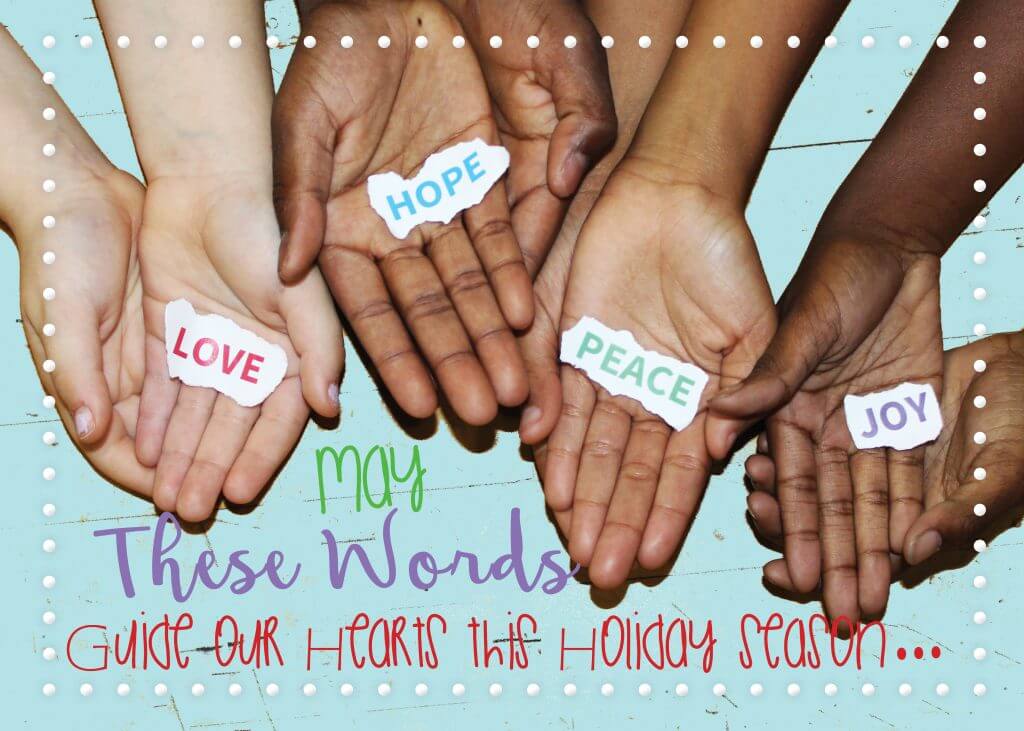What We Do
Supportive Services is YWCA Central Alabama’s holistic approach to serving individuals and families by connecting them to crucial programs and services offered throughout our organization. We prioritize clients’ basic needs first— ranging from food, shelter, clothing and child care to transportation, counseling, and career coaching.
Under the Safety & Supportive Services umbrella, Supportive Services is like a warm embrace around YWCA Central Alabama’s full body of work. A standard admissions process makes it easier for clients as they navigate resources related to economic empowerment, community housing, child development and domestic violence services
Since 2020, YWCA Supportive Services has coalesced agencywide programs around comprehensive case management that takes a trauma-informed care approach. YWCA Central Alabama has licensed mental health therapists on staff who provide one-on-one confidential individual counseling and support groups to victims of domestic violence. Victim support groups for adults address such topics as how to be safe in an unsafe home, dynamics of domestic violence and self-esteem.
Clients may also receive referrals to crucial community-based programs and services — making access easier by removing barriers for women and people of color.
How We Serve
Comprehensive Case Management
- Holistic approach to serving individuals and families
- Helps clients better articulate their long-term goals and set strategies to achieve those goals
- Enhances service delivery offered by case managers
- Uses comprehensive case planning to help clients articulate their long-term goals and set strategies to achieve them
- Stars with taking care of clients’ basic needs first
- Complements trauma-informed care practices and uses Maslow’s Hierarchy of Needs
- Emphasizes the importance of prioritizing physiological well-being and safety before addressing other needs requests
Trauma-Informed Care
- Assumes a client is more likely than not to have a history of trauma
- Requires practitioners to make a paradigm shift from asking, “What is wrong with the person?” to “What has happened to this person?”
- Caseworkers and counselors learn to recognize the presence of trauma symptoms and acknowledge the role trauma may have played in an individual’s life
- Within organizational culture, emphasizes respect for and appropriate response to the effects of trauma
- Consists of four basic elements:
- Realize the impact of trauma and how it can affect people and groups;
- Recognize the signs and symptoms of trauma;
- Respond to trauma by integrating knowledge about trauma into policies, procedures and practices; and
- Resist re-traumatization.
Domestic Violence Victim Support Group
- Offers a confidential safe space where victims and survivors gain support in their efforts to build healthier relationships
- Led weekly by facilitators, free of charge
- Uses a cohesive 10-week curriculum
- Features strength-based discussions to help clients better understand the dynamics of domestic violence
- Group setting serves as a supportive, inclusive environment that respects the highly personal and individual experiences of all participants
- Participation Criteria
- Have experienced domestic violence as a victim and/or survivor
- Have received a referral for attendance and/or participation in VSG
- Have completed all intake information
- Group Expectations
- Maintain confidentiality within and outside of class setting
- Arrive promptly for all class sessions (class admittance ends 15 minutes after class session begins)
- Ensure respectful behavior toward others (in attitude, tone and comments)
- Verbal participation is voluntary. Participants have the right to “pass” during class discussions
- Completion Criteria
- Attend 10 sessions for the full duration of each class
- If there is a 6-month gap in attendance, participants will have to start their 10-class session count again
Building Resilience In spite of Tough Environments (BRITE)
- Family violence is a problem that can affect anyone. BRITE is a support group for children and teens, ages 5-17, who witness or were otherwise harmed by domestic violence. They may show emotional and physical signs of abuse, such as aggression, sadness or acting out. BRITE …
- Helps youth feel better about themselves
- Promotes safety
- Teaches victims how to confront abuse
- Demystifies anger and guilt
- Explores choices and consequences, and
- Reminds victims family violence is not their fault.
Counseling
- Professional counseling and consultation services available to clients who may be experiencing emotional difficulties
- Free, individualized counseling conducted by licensed therapists
- Respectful to clients’ values, personal resources and capacity for self-determination
- Incorporates a brief therapeutic model that addresses emotional and behavioral needs and improves self-esteem and the client’s way of coping

